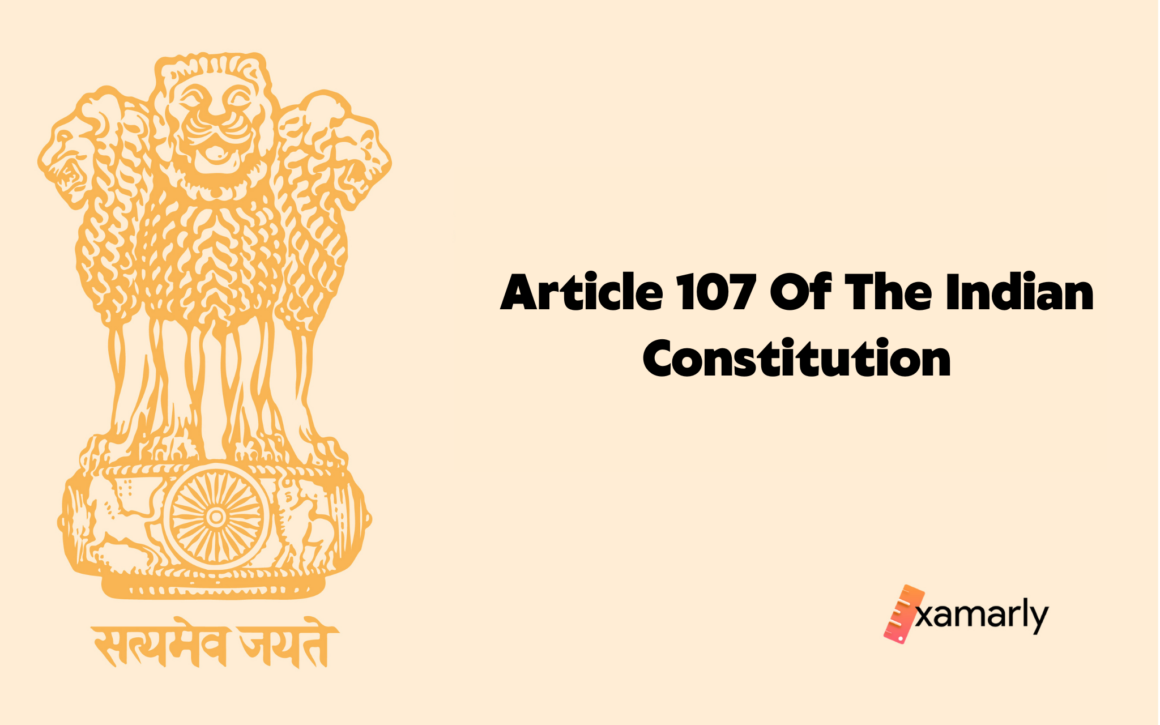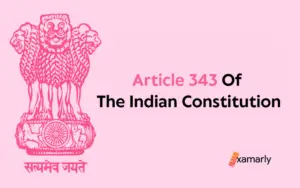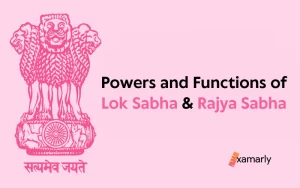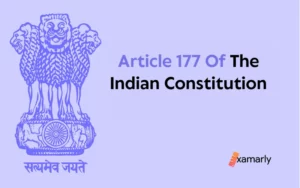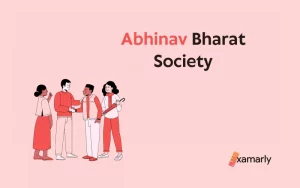Overview
Article 107 of the Indian Constitution talks about the provisions related to a bill and its regulation in the House of Parliament. It gives us the protocols on how the bill has to be introduced in parliament and also how it has to be passed further.
We will discuss each and every aspect of Article 107 of the Indian Consitution in detail by going through its each and every clause in detail.
This article will provide you with an elaborated and insightful experience on Article 107 of the Indian Constitution.
Article 107 Of The Indian Constitution – In Detail
Let us have a look at each of the clauses of this Article, and understand them one by one.
Clause 1 – As it is & Explained
“(1) Subject to the provisions of Articles 109 and 117 with respect to Money Bills and other financial Bills, a Bill may originate in either House of Parliament”
Clause 1 of Article 107 of the Indian Constitution says that keeping Money Bills aside, the rest of every other Bill can be introduced in Lok Sabha and Rajya Sabha.
Money Bills and Financial Bills will be regulated and introduced as per the provisions mentioned in Articles 109 and 117 of the Indian Constitution.
Clause 2 – As it is & Explained
“(2) Subject to the provisions of Article 108 and 109, a Bill shall not be deemed to have been passed by the Houses of Parliament unless it has been agreed to by both Houses, either without amendment or with such amendments only as are agreed by both Houses”
The second clause of Article 107 of the Indian Constitution says that a Bill shall not be regarded as passed until and unless it has been passed by both Houses of Parliament (that is Lok Sabha and Rajya Sabha)
Be the Bill has some amendments or it is regulated without any amendments, the bill has to be argued in both the Houses of Parliament and if there are amendments done to the Bill, those amendments have to be agreed upon by both the Houses of Parliament.
Clause 3 – As it is & Explained
“(3) A Bill pending in Parliament shall not lapse by reason of the prorogation of the Houses”
The third clause of the Indian Constitution talks about the scenario where a bill has been introduced in the Houses Of Parliament or in the either House of Parliament but has not been discussed yet.
Let us understand this scenario. Suppose a Bill was introduced in the either Lok Sabha or the Rajya Sabha a few days ago, it got introduced but yet not got discussed in the House. Now, for some reason, the House in which it was introduced has been discontinued for a while. What will happen to the Bill in this scenario?
According to clause 3 of Article 107 of the Indian Constitution, such a Bill and such a scenario will not lapse. Rather, it can be reintroduced or can be resumed the discussion on again after the House starts to work.
Related – Article 94 Of The Indian Constitution
Clause 4 – As it is & Explained
“(4) A Bill pending in the Council of States which has not been passed by the House of the People shall not lapse on a dissolution of the House of the People”
The 4th clause of Article 107 of the Indian Constitution can be understood as an extension of clause 3.
The 4th clause discusses the scenario where a Bill has been introduced in the Lok Sabha and has been passed to the Rajya Sabha. Now, amind the Bill pending in Rajya Sabha, the Lok Sabha gets dissolved due to the ending of its sessions.
In such a scenario, the Bill will not lapse due to the dissolution of the Lok Sabha. Instead, it will be introduced again once the new session of the Lok Sabha commences.
Clause 5 – As it is & Explained
“(5) A Bill which is pending in the House of the People, or which having been passed by the House of the People is pending in the council of States, shall subject to the provisions of Article 108, lapse on a dissolution of the House of the People”
Clause 5 of the Article says that suppose in a scenario where a bill got introduced in the Lok Sabha has been passed from it and is pending in the Rajya Sabha. While it is pending in the Rajya Sabha, the Lok Sabha gets dissolved because its sessions have ended, then the Bill will be considered to have lapsed and a new Bill has to be introduced once again the Lok Sabha commences its new session.
Summing Up
Article 107 of the Indian Constitution is one of the most important and interesting Articles among all the others in the Constitution.
It reflects on the journey of a Bill and all the protocols that have to be followed in the context of the introduction of the Bill and its regulation.


